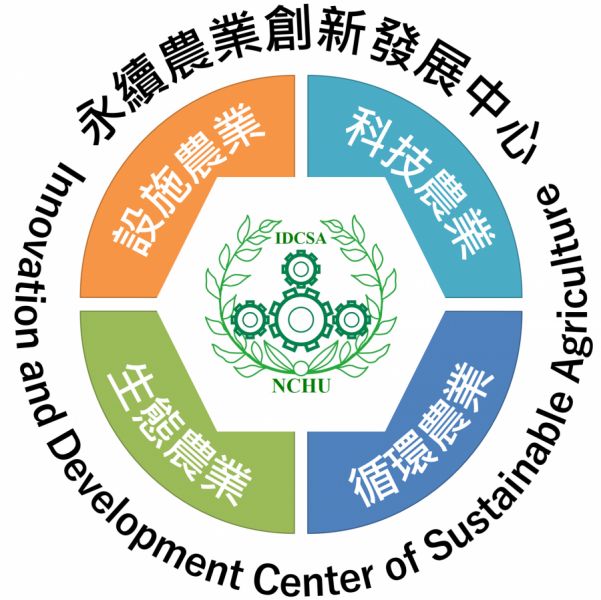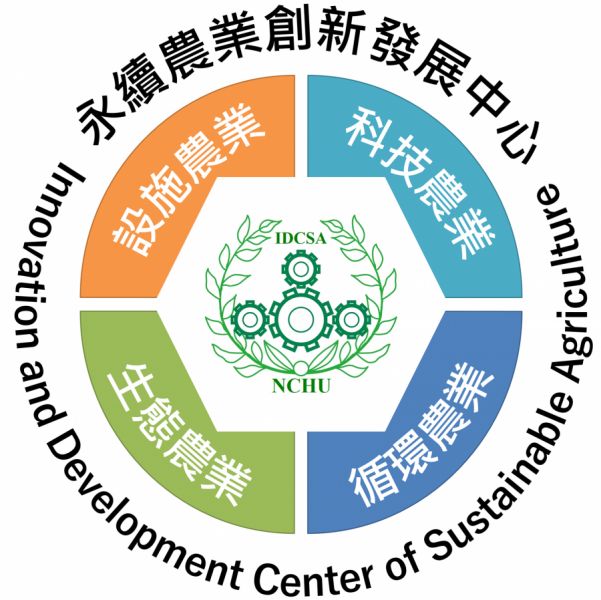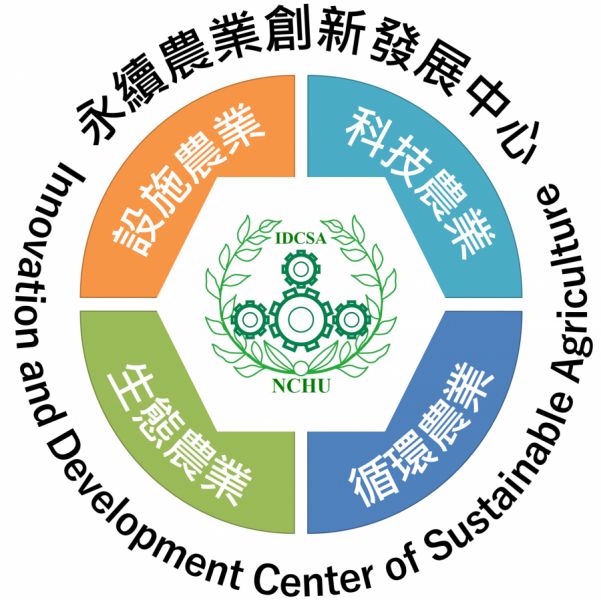To date, various processes have been developed to valorize lignocellulosic biomass-derived molecules, including thermal treatments and oxidation processes. In particular, oxidation processes of biomass-derived molecules has received great attention because they are relatively mild and environmentally friendly. Even though there exists a broad range of biomass-derived molecules for valorization via oxidation, 5-hydroxymethylfurfural (HMF) is particularly important because HMF can be obtained from various cellulose-derived carbohydrates, such as glucose and fructose. HMF can be also oxidized to afford a number of highly-valuable compounds, including 2,5-diformylfuran (DFF), which is a highly versatile compound, which can be employed for synthesis of polymers, pharmaceuticals, organic conductors and cross-linking reagents.
Nevertheless, oxidative conversion of HMF to DFF involves transformation of an alcohol group to an aldehyde group. Thus, it would be very crucial to develop technologies which selectively oxidize HMF. Conventional oxidation of biomass-derived molecules is implemented by direct usage of oxidants, such as H2O2, in the presence of catalysts. This approach usually leads to relatively low selectivities and also requires consumption of stoichiometric amounts of non-recyclable oxidants for oxidation, making such an approach less sustainable and practical.
Recently, research interests on oxidation of organics (e.g., alcohols) focus on usage of oxygen molecules; it would be much more sustainable to develop an alternative oxidation process which can directly use O2 as the oxidant for HMF. Lately, a novel and advantageous oxidation chemistry, particularly for oxidation of alcohol groups, is developed by using 2,2,6,6-Tetramethylpiperidine 1-oxyl (TEMPO) as an intriguing organic oxidation catalyst which can oxidize a broad range of alcohols under mild conditions in the presence of Cu catalysts. This Cu/TEMPO has been validated as a highly-efficient and chemo-selective catalytic approach for oxidizing alcohols to corresponding aldehydes and it should be also promising for oxidation of HMF.
While Cu combined with 2,2,6,6-tetramethylpiperidin-oxyl (TEMPO) constitutes a novel oxidative catalytic system using O2 for oxidation of 5-hydroxymethylfurfural (HMF), few studies have been conducted to investigate Cu/TEMPO/O2 for oxidation of HMF to 2,5-diformylfuran (DFF). More importantly, existing studies employ homogeneous Cu species, which is difficult for recovery; thus it is crucial to develop heterogeneous Cu catalyst incorporated with TEMPO for oxidation of HMF. Herein, a Cu-based metal organic frameworks (MOFs), HKUST-1, is proposed and employed for the first time as a heterogeneous catalyst with TEMPO for oxidative conversion of HMF to DFF in the presence of O2. Although TEMPO and HKUST-1 are ineffective separately for oxidation of HMF to DFF, the combination of HKUST-1 and TEMPO successfully converts HMF to DFF without by-products. The reaction duration could be as short as 3 hours at 120 °C to achieve > 96% of HMF conversion with a selectivity > 99% and a yield of 96%, demonstrating that this HKUST-1+TEMPO+O2 is certainly promising and highly selective for HMF conversion to DFF. HKUST-1 is also reusable for incorporating with TEMPO to oxidize HMF to DFF. These results indicate that HKUST-1 is an advantageous heterogeneous catalyst for HMF conversion using TEMPO as an oxidant catalyst.
Subproject 3 : Rising Value of Agricultural Waste 2019-12-31




